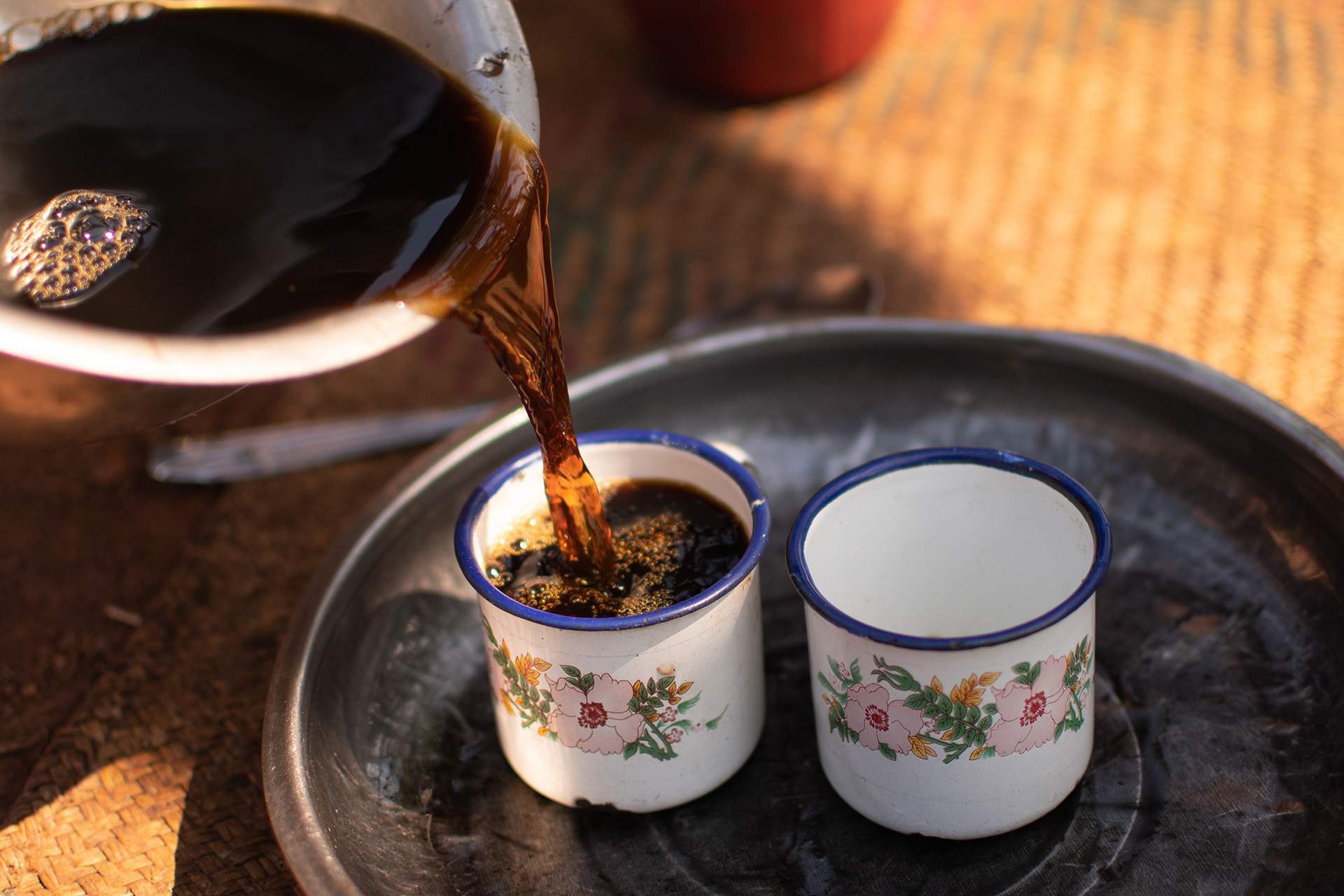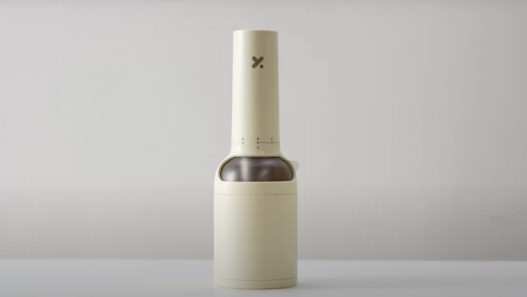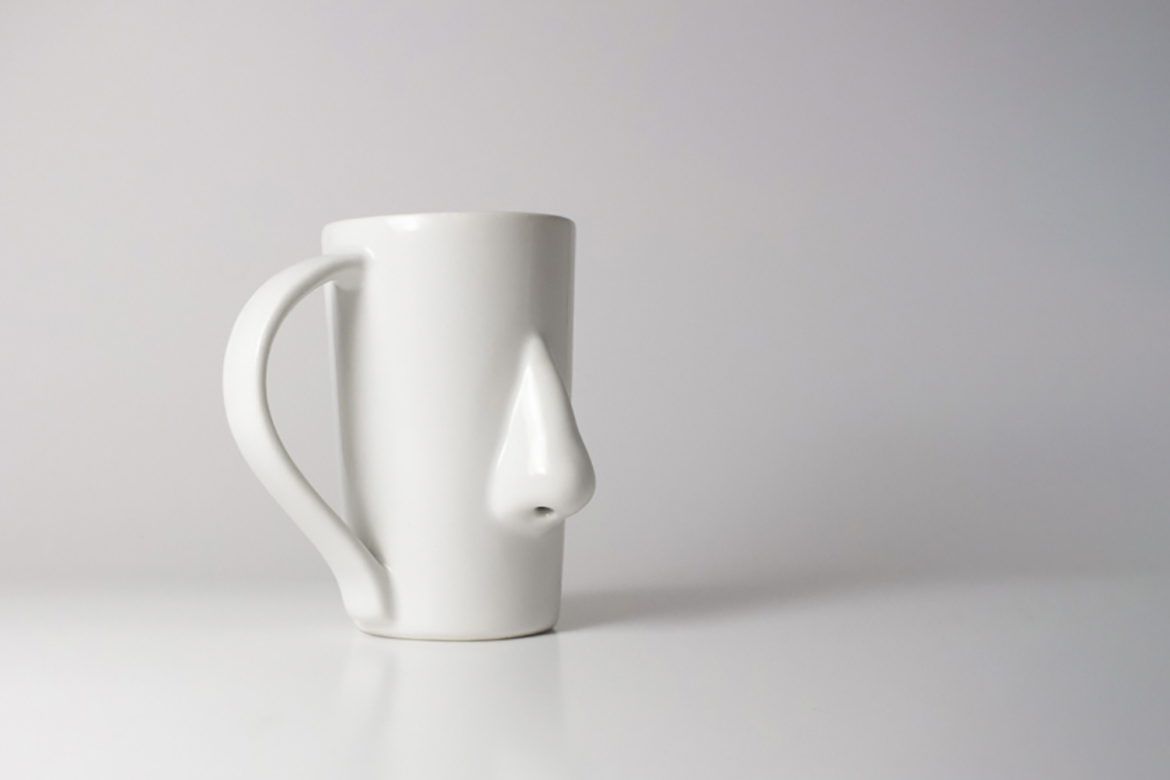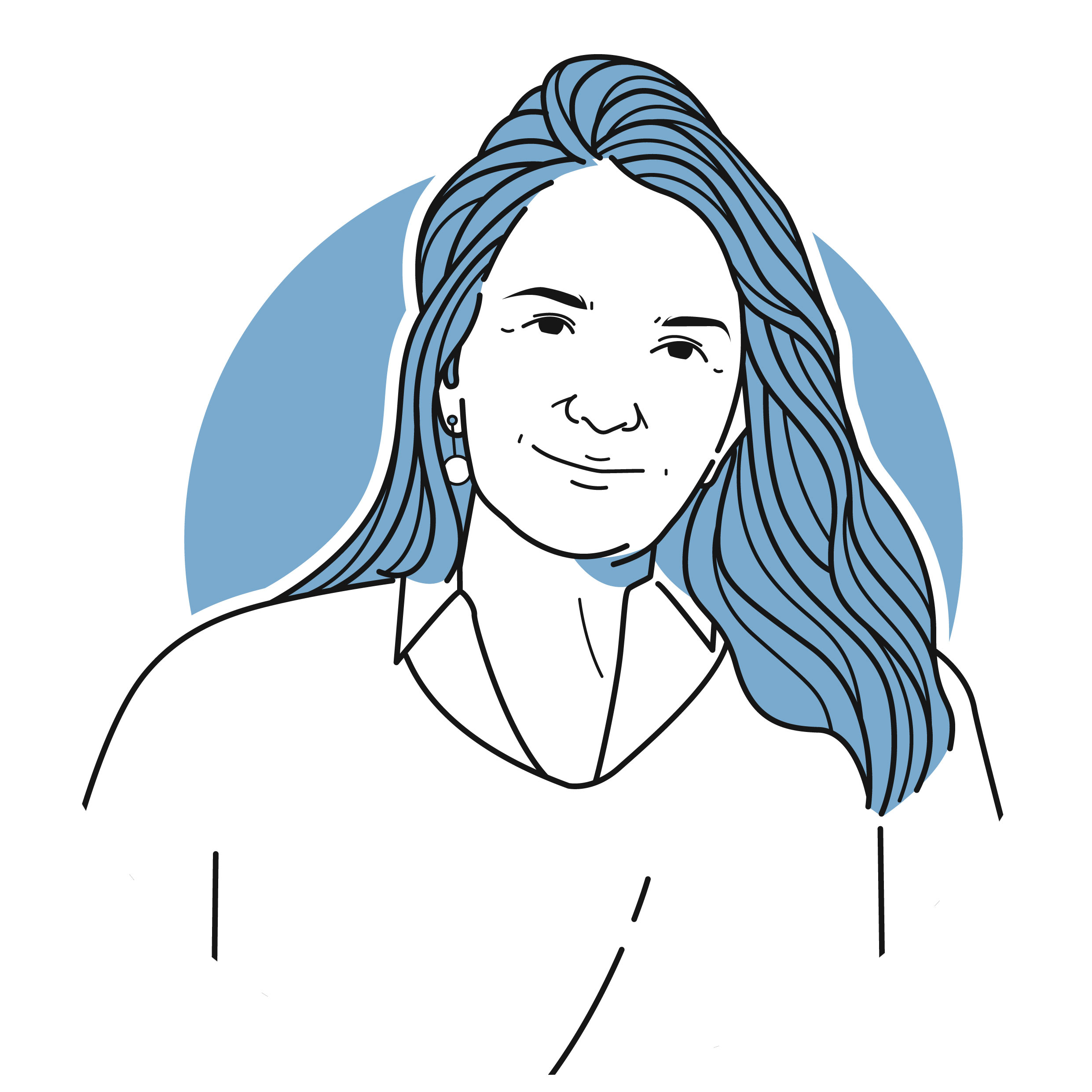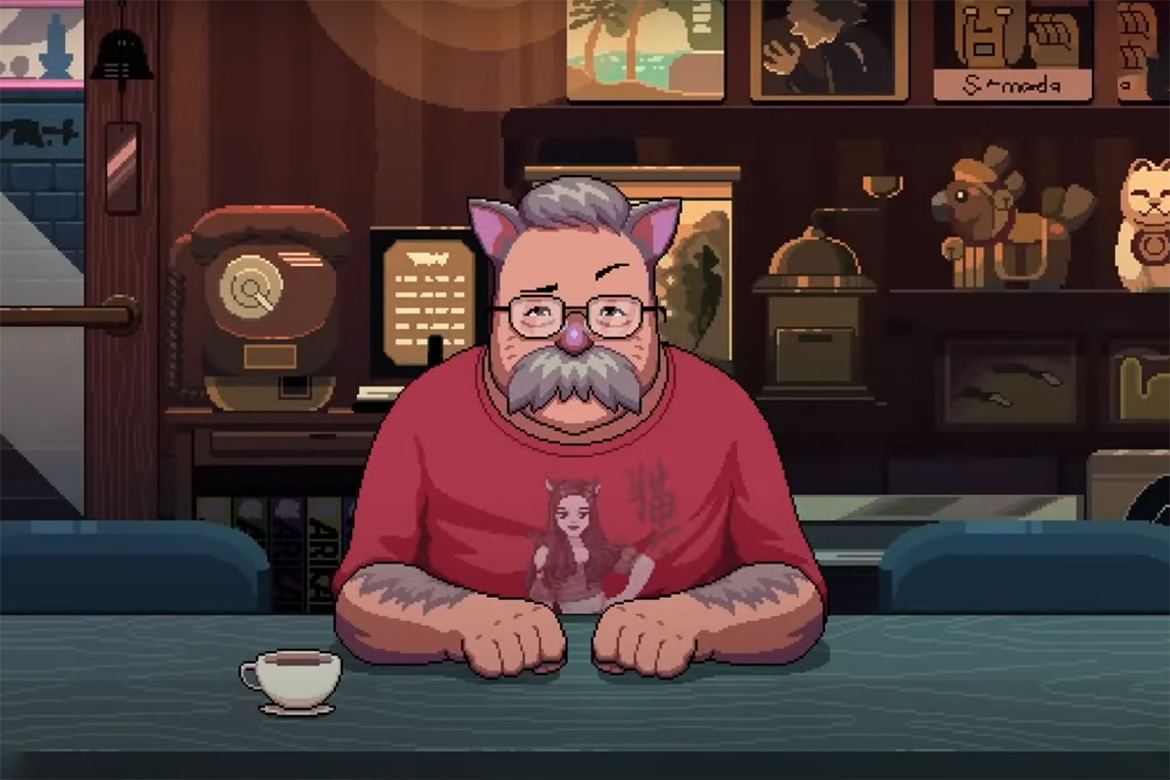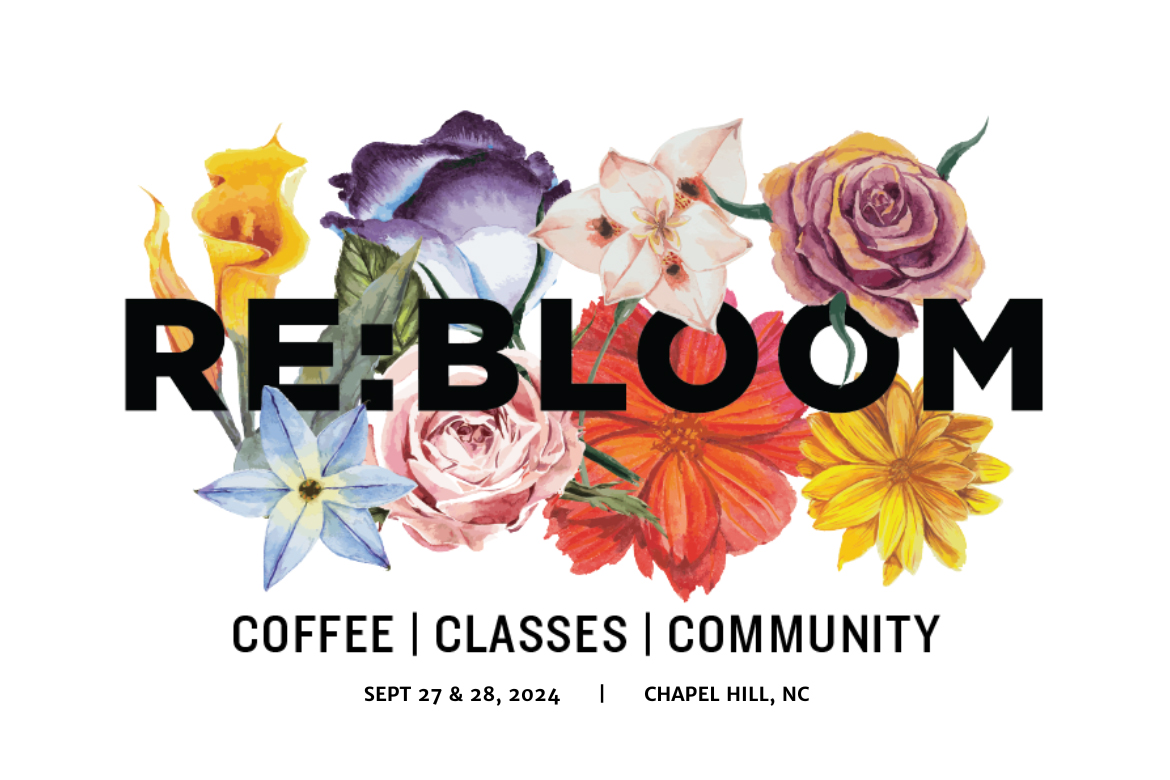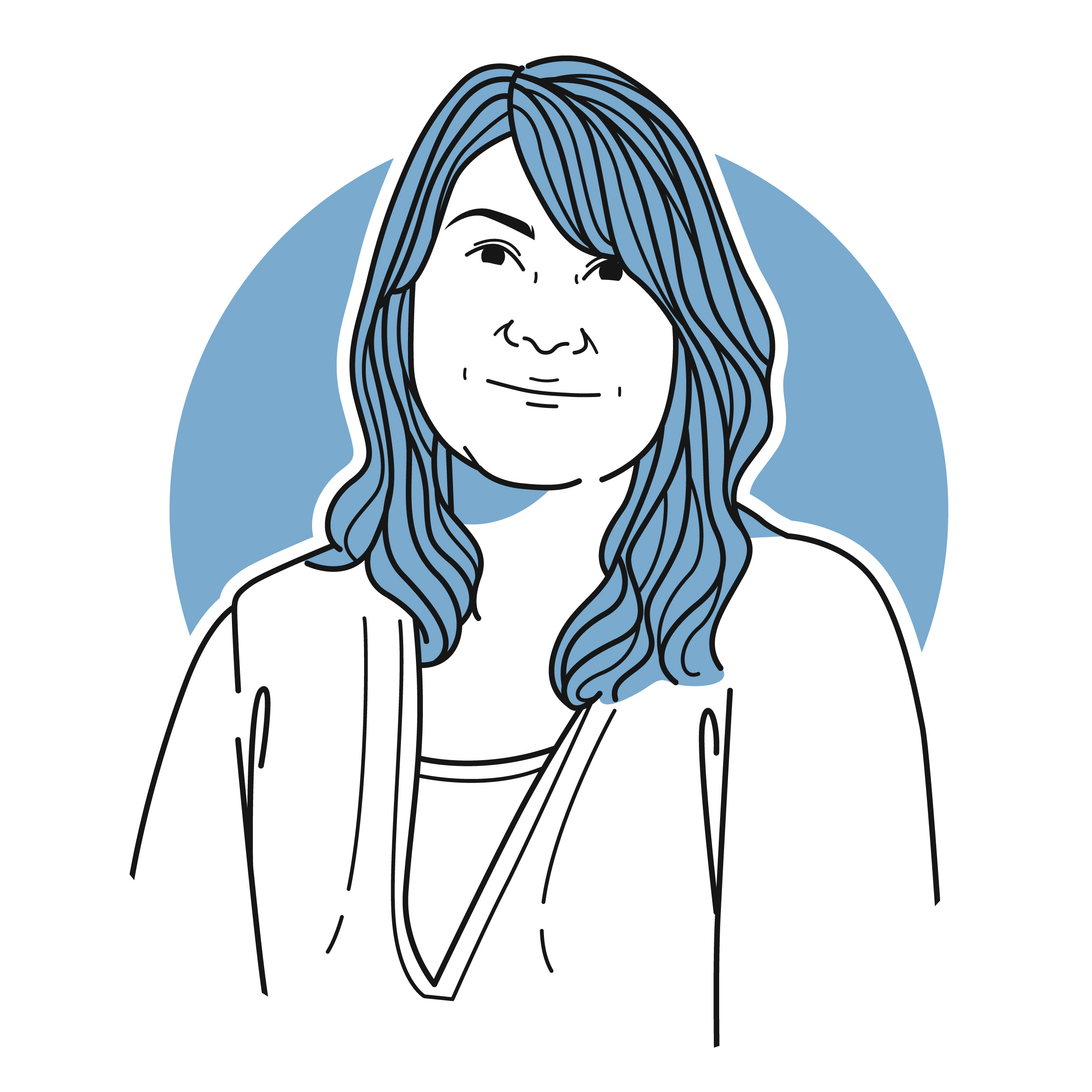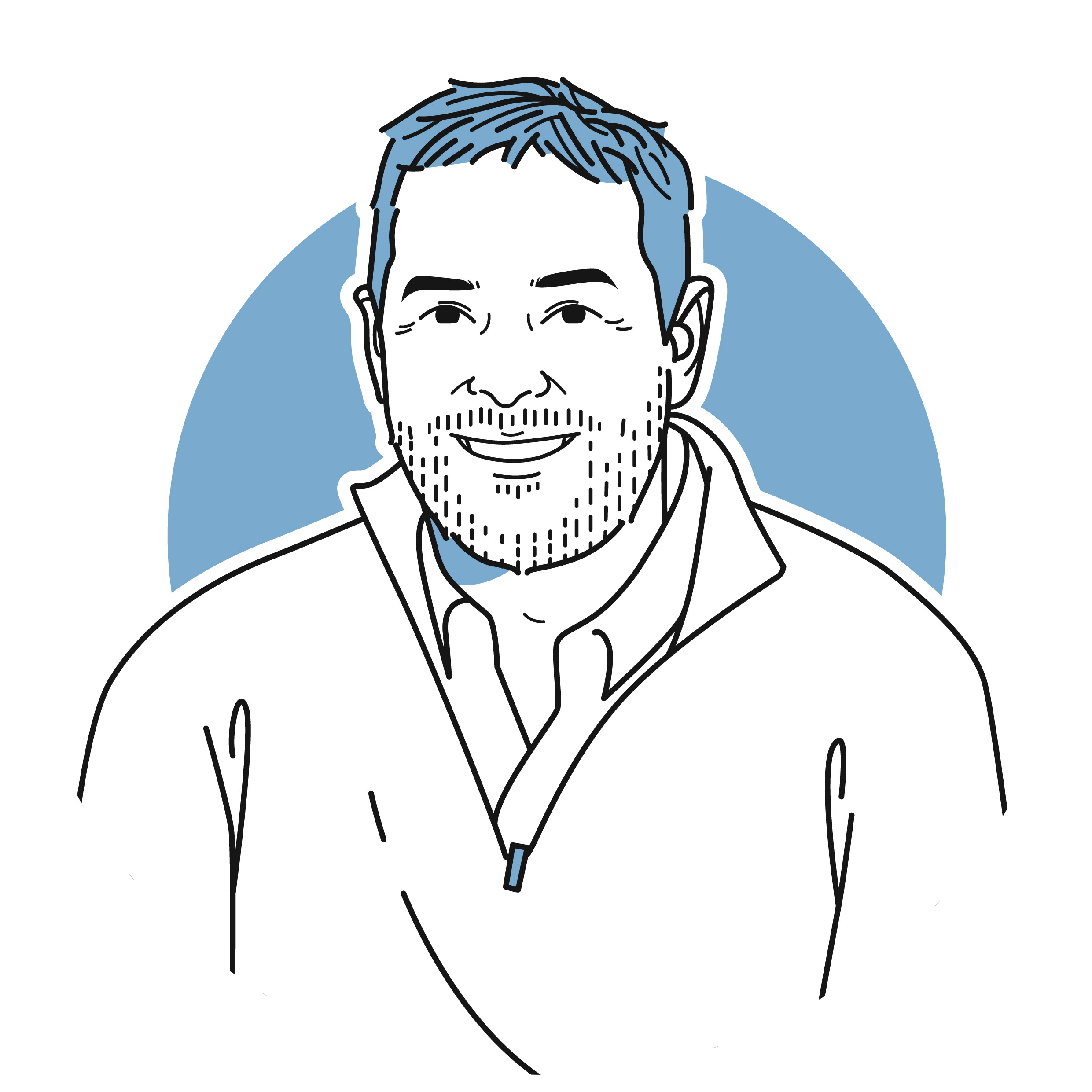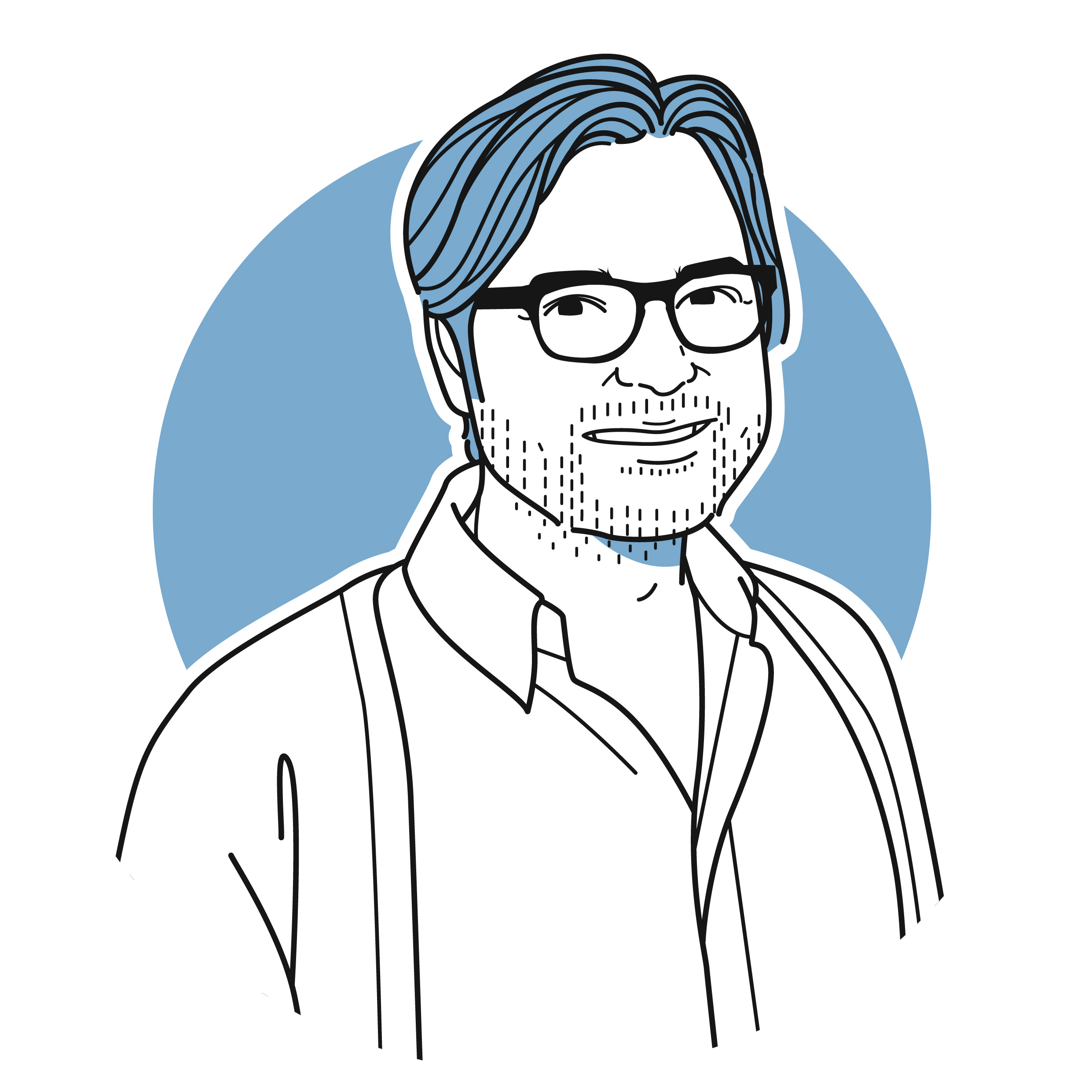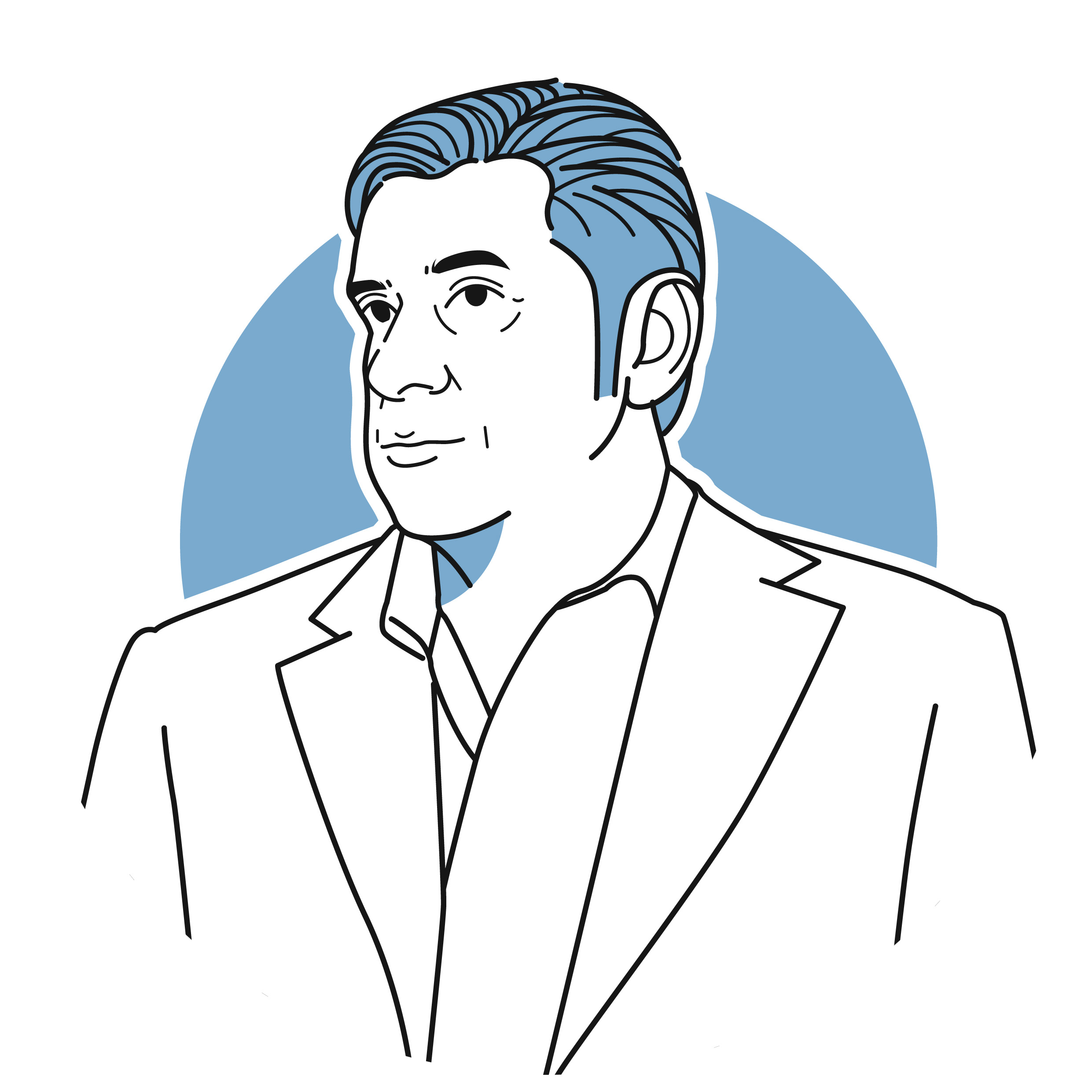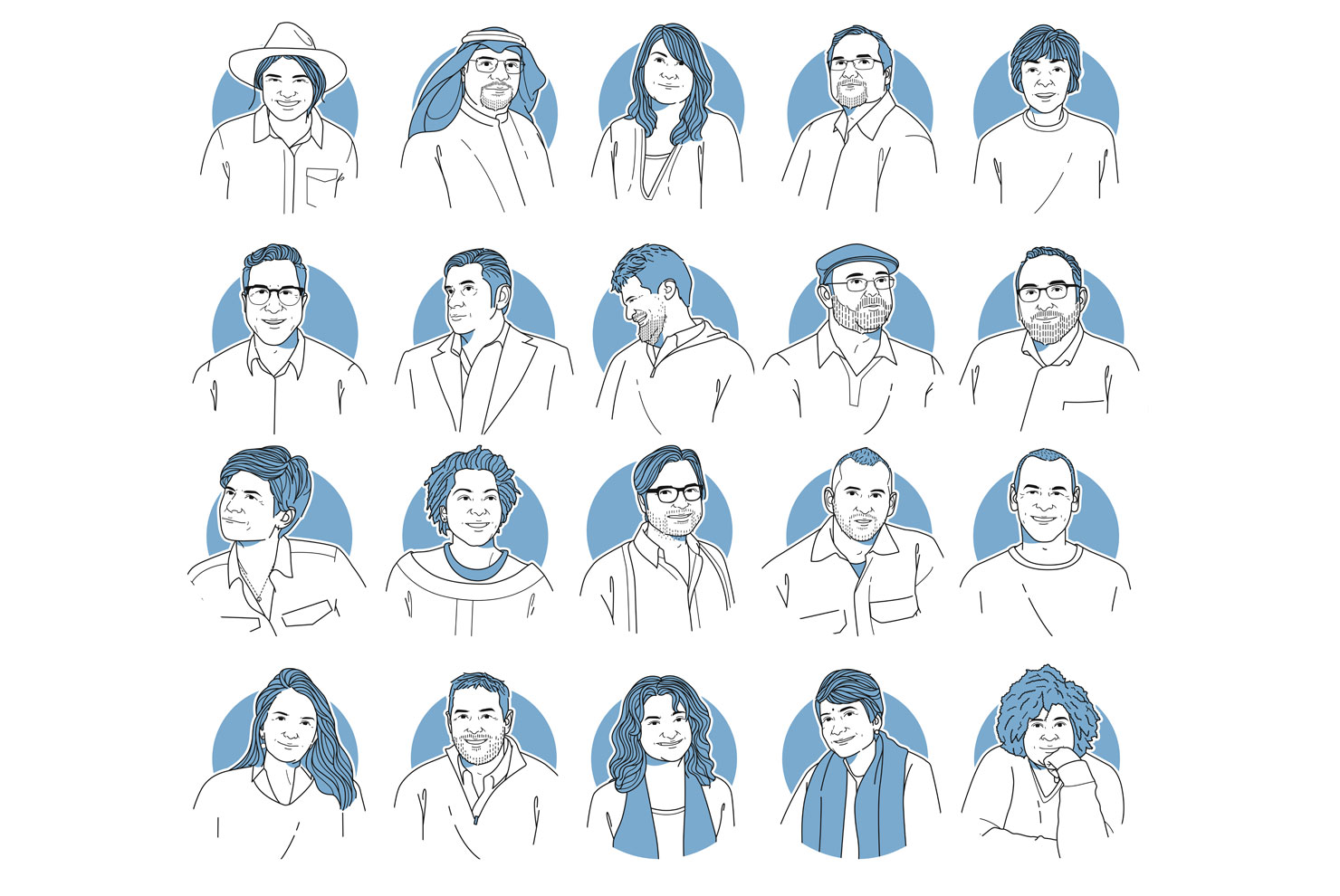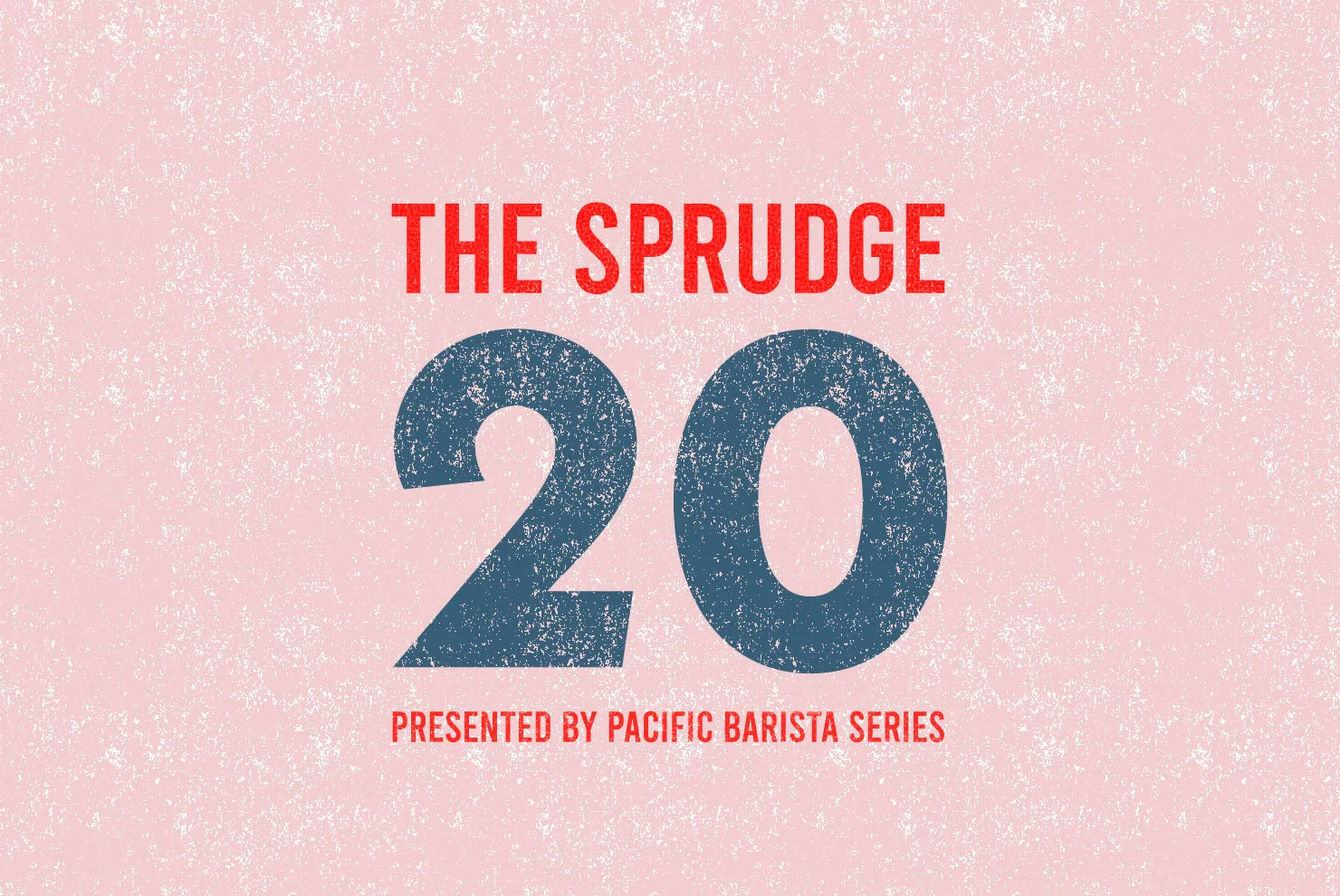Welcome to The Sprudge Twenty Interviews presented by Pacific Barista Series. For a complete list of 2024 Sprudge Twenty honorees, please visit sprudge.com/twenty.
It’s hard to capture how much Beth has given to the coffee industry in a short essay. I realize that I don’t even know all of the good she’s done. What I do know is that in the time I volunteered with her, she exemplified the values that specialty coffee aspires to. Beth showed up relentlessly for her peers—uplifting others, pushing people to do their best work, and asking others for their honesty about her work in order to improve her own self.
Beth has ceaselessly inspired others: from her own team members, to Brewers Cup judges, to competition chairs, and community members who come forward with needs. If Beth can be there, she will be. She is extremely thoughtful and will consider issues from all angles before making a judgment. She leads with empathy, shows up for her local community, and makes the people around her better.
A few amazing things Beth has done during our time volunteering together: she started a library of free graphics for cafes to access, led many efforts to continue to keep communities connected and engaged throughout the beginning of the pandemic, pioneered the lottery selection process for the US Chapter and competitions with the goal of increased accessibility, and put together competition registration fee grants.
I know my nomination for Beth in Sprudge 20 won’t be the only one. Beth has stepped back from participating in larger-scale events for personal reasons, but the time, commitment, and energy she gave to specialty coffee are certainly worth celebrating.
Nominated by Maya Nguyen
How many years total have you worked in the coffee industry?
30 years.
What is your current role in coffee?
Currently my daily coffee activity is that of the consumer. Right after the Boston Expo in 2022 my husband, Rc, was in a motorcycle accident that required us to step back and focus on recovery. It has been slow going but there is daily progress and we are incredibly fortunate to have great company health insurance to support this process.
I am very slowly easing back into my role in teaching and training at Coffee Traders. My teaching focus is company culture, extraordinary customer service, and vision planning for the future.
What was your first coffee job?
The first thing I did at Coffee Traders was production. That involved bagging, grinding, shipping, pretty much anything to help while I was learning about the coffee industry.
Did you experience a life-changing moment of coffee revelation early in your career?
I did and it was given to my by Ari Weinzweig, one of the founders of Zingerman’s Deli in Michigan.
Rc and I participate and are in partnership with coffee growers in Monteverde, Costa Rica. We have been involved in this project for about 30 years and spend quite a bit of time there.
Ari asked me once how the farms were doing and I said, “great” and shared how much I enjoyed being there. In a very clueless statement I told Ari how peaceful the farm was and nice to hang out in. Ari does not accept dumb and he said to me, “That is because you are looking. Ask the people picking, planting, and counting on this harvest how peaceful it is.”
I needed that wake up. Coffee is hard work. It is hardest for origin and our goal at Coffee Traders is to support, grow, and change that dynamic. That was my revelation moment. There have been many others but to this day I am always very aware of my privilege and check myself.
What facet of the coffee industry has changed the most during your career?
It seems to me that folx approach their coffee drink differently. The average consumer is more educated about roasts, processes, and varieties. Folx want the whole story of their coffee from bean to cup. When I was a teenager in Houston, Texas we used to go to the local donut shop with friends and have coffee and donuts. It was the experience of being “grown up” and I remember that the coffee was so harsh but I thought that was just a part of “adulting”. My parents drank Folgers as did most of my friend’s parents.
I didn’t know anyone who sat with friends drinking coffee and talking about the beans, the process, the characteristics. These days discussing the cup of drip coffee or cold brew or espresso one is drinking is totally common and accepted as part of the experience.
Is there a person or persons who served as your mentor early in your coffee career? How did they impact you?
Lauren Lathrop. I met Lauren through judging at the SCA competitions. Lauren just shines. Her commitment to fairness, education, openness and inclusion sets a very high standard for the judging committee.
Lauren developed a bias training program for the US SCA that then expanded to the world competitions so that judges and competitors alike can understand the underlying bias’ that might be there and how to make changes when they are identified.
She is a meticulous documenter of coffees she has cupped and keeps all the notebooks so that she can reference a coffee from a particular farm over the years and know the changes and development. She exudes enthusiasm for the industry and can’t wait to discuss what she is currently learning as well as finding out what you are learning at the same time. She is also a very thoughtful and approachable trainer and her impact on my career is huge. If you are reading this Lauren, thank you!
What still surprises you today about coffee, or gives you joy?
Coffee brings folx together. I love watching a line of people waiting to place their coffee order and discussing what they are going to order and why with the stranger next to them. Soon everyone joins in and people that maybe wouldn’t usually talk with each other are having a great conversation about coffee! That happens all the time and it still gives me joy to watch.
What’s something about the coffee industry you’d most like to see change?
The economics of coffee. Even in areas of the world where green coffee pricing is higher than the average, it is still too low to make a viable living. From the retail sales of the coffee bean down to the farm, the profitability and value goes away from the farms and research shows that the majority of coffee farmers are not able to live on the money made at the farms and yet the demand for coffee remains high.
Climate change has deeply affected the farms. Seasons are no longer predictable and there are more extreme weather events that impact the farms livelihood.
Covid had a big impact when borders shut down and coffee workers were not able to travel for harvesting jobs.
Our industry continues to go along with the unsustainable economics instead of raising the bar when investing and purchasing.
It all points out the vulnerability of coffee and coffee workers.
What is your most cherished coffee memory?
My grandmother would brew her coffee in a percolator early in the morning and I remember laying there asleep in my grandparents house and waking up to the smell of coffee throughout the house. Once everyone had all the morning coffee they wanted she would take anything leftover and pour it into a jar with a lid on top and store it under the sink.
My grandparents lived in a small town and there was a man who came around in the mornings picking up the trash that anyone had. His name was Hosie and he was the same age as my grandparents. Being a child, I called him Mr. Brown but I loved his name and remember it to this day.
Hosie drove a wagon pulled by a mule.
When Hosie showed up my grandma would take that coffee out from under the sink and heat it up along with the leftover bacon and biscuits and she and Josie would sit on the porch and have a morning snack. If my granddad was home that day then he would join and between Hosie and him it was a hilarious story telling session. Hosie would tell them all the news he had heard that day and my grandma, who had the world’s best laugh, would be cracking up. Sometimes Hosie would let me join him on his rounds and that was truly a treat.
As an adult, I now recognize how hard Hosie’s job was and that it wasn’t just a fun ride on a mule. It is one my strongest memories of shared coffee and how inclusive it felt to be allowed to sit with them and hear all the tales.
Do you make coffee at home? If so, tell us how you brew!
I do! Before Rc’s accident I would brew a cup of coffee at home before heading over to Coffee Traders and I would usually use an Origami Drip brewer.
After the accident I stayed in the hospital with Rc and would come home in the, mornings to change and grab things we needed etc. There was a Starbucks in the hospital where I would grab my coffee and I appreciated every sip of it.
After about eight months, Rc came home from the hospital but it was still pretty busy around our home with recovery work, therapists, helpers, etc. so we bought a Jura E8 and showed everyone how to make any drink they wanted. This was the best idea ever! Our kitchen sounded like a coffee bar most mornings with different folx making drinks, talking about the beans, the drink they chose, the caffeine. It is now just a few of us as Rc continues to improve but we use the machine all day long and I am so grateful to have it!
What is your favorite song/music to brew coffee to?
At the hospital I tried to create a very calm, tranquil vibe so that Rc’s brain would not be challenged with too many noises. I played very mellow music softly in the background and was nice and calming. Anita Tam, who is a saint, sent me a text in the mornings with a link to music she had picked out for us that day.
I cannot tell you what a gift this was and continues to be since I still love to brew my morning cup while playing this music. An example? Telemann: Recorder Sonatas.
What is your idea of coffee happiness?
Hanging out with friends, family and complete strangers while drinking coffee and swapping stories.
If you could drink coffee with anyone, living or dead, who would it be and why?
Dawn Staley. Coach Staley sets the standard for excellence and passion in her sport and life. She has done it all from being a college player, professional WBNA player to coach. She has three gold medals! She supports the players and is active in rising up the league she is a part of. She values the players and is supportive and encouraging and really funny. I would love to sit and listen to anything she wanted to talk about.
What’s one piece of advice you would give someone getting their start in the coffee industry today?
We have had the opportunity to help a lot of folx start up their coffee shops over the years. It is part of what we do at Coffee Traders so we have a lot of conversations about this.
Our first question is “Do you love coffee?” “Why do you want to start a coffee business?” If the answer is “I don’t really like coffee but this seems like a good retirement plan or investment” then the best advice is to say “stop right now and do something you actually like.” The coffee business looks easy but the reality like any service job is that it is hard and physical and tiring and somedays super challenging. Having a love for coffee and a passion for the work helps grow success.
Thank you.
The Sprudge Twenty Interview series is presented by Pacific Barista Series. For a complete list of 2024 Sprudge Twenty honorees and interviews, please visit sprudge.com/twenty.



